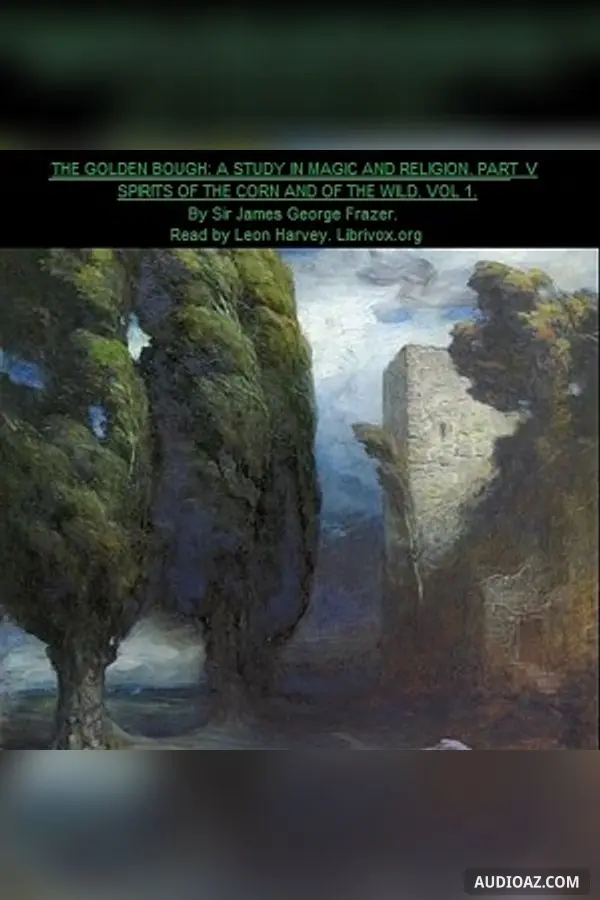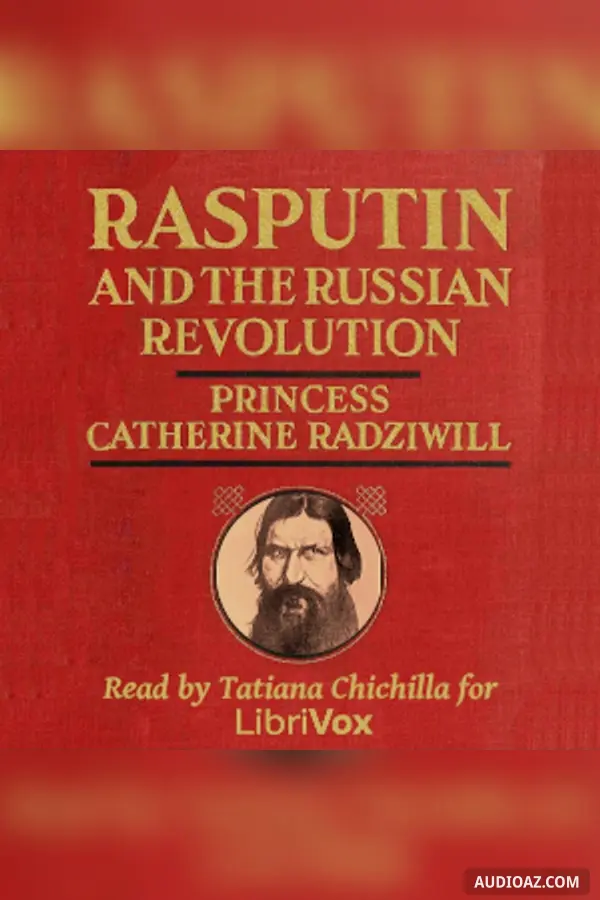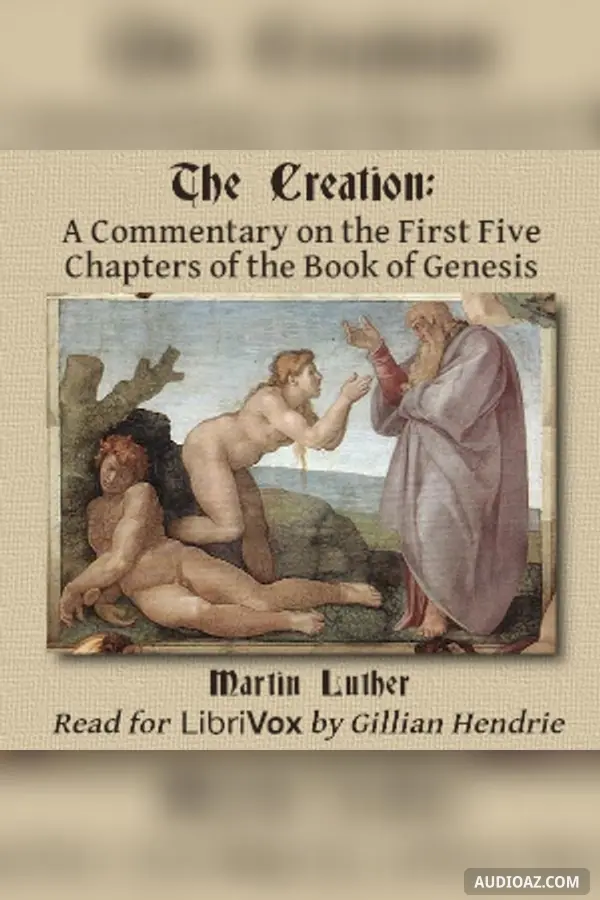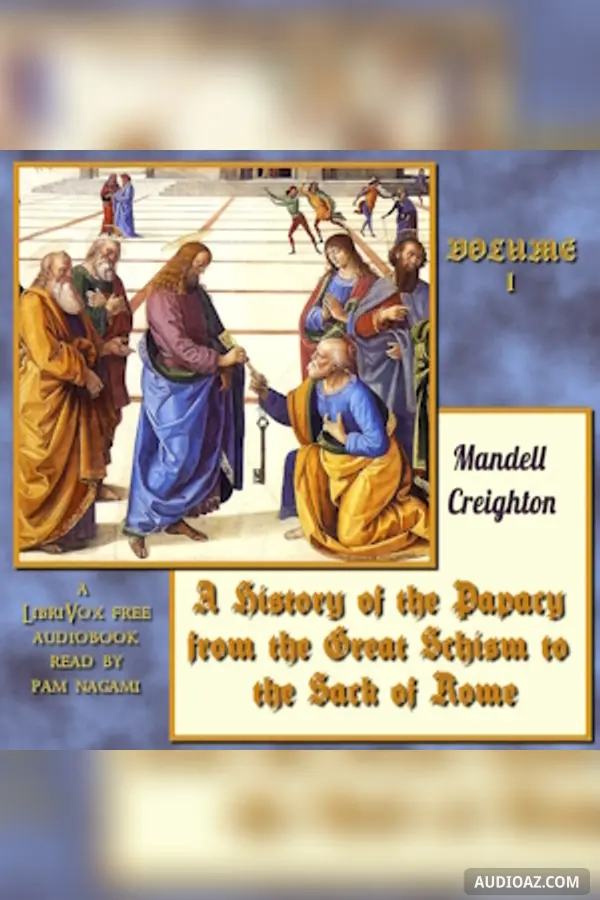
The Guide for the Perplexed, Part 3 - Free Audiobook
Author(s): Moses Maimonides
Language: English
Genre(s): MedievalNon-fictionOther religionsPhilosophyReligion
1 / 54Introduction & I. The "Four Faces" are Human Faces with four different peculiarities
- 1. Introduction & I. The "Four Faces" are Human Faces with four different peculiarities
- 2. II. The Ḥayyot and the Ofannim
- 3. III. Further Explanation of the Ḥayyot and the Ofannim derived from Ezek. x.
- 4. IV. The rendering of Ofan by Gilgal in the Targum of Jonathan
- 5. V. The Vision of Ezekiel is divided into three stages: (1) Ḥayyot (=the Spheres); (2) Ofannim (=Earthly elements); and (3) the man above the Ḥayyot (=Intelligences)
- 6. VI. On the Difference between the Vision of Ezekiel and that of Isaiah (vi.)
- 7. VII. The Different Ways in which the Prophet perceived the Three Parts of the Mercabah (Chariot)
- 8. VIII Man has the Power to Control his Bodily Wants and Earthly Desires
- 9. IX. The Material Element in Man Prevents him from Attaining Perfection
- 10. X. God is not the Creator of Evil
- 11. XI. Man is the Cause of his own Misfortunes
- 12. XII. Three Kinds of Evil : (1) That caused by the Nature of Man ; (2) Caused by Man to Man ; (3) Caused by Man to himself
- 13. XIII. The Universe has No other Purpose than its own Existence
- 14. XIV. It is the Will of the Creator that the Spheres regulate the Affairs of Mankind
- 15. XV. Impossible Things are not ascribed to the Creator, but it is difficult to Prove the Impossibility in each Individual Case
- 16. XVI. On God's Omniscience
- 17. XVII. Five Theories concerning Providence
- 18. XVIII. Every Individual Member of Mankind enjoys the Influence of Divine Providence in proportion to his Intellectual Perfection
- 19. XIX. It is an ancient Error to Assume that God takes no Notice of Man
- 20. XX. God's Knowledge is Different from Man's Knowledge
- 21. XXI. The Creator's knowledge of His Production is Perfect
- 22. XXII. Object of the Book of Job, and Explanation of the First Two Chapters
- 23. XXIII. Job and his Friends Discuss the various Theories concerning Providence
- 24. XXIV. On Trials and Temptations
- 25. XXV. The Actions of God are Not Purposeless
- 26. XXVI. The Divine Precepts Serve a certain Purpose
- 27. XXVII. The Object of the Divine Precepts is to Secure the Well-being of Man's Soul and Body
- 28. XXVIII. This Object is easily seen in some Precepts, whilst in others it is only known after due Reflection
- 29. XXIX. On the Sabeans or Star-worshippers
- 30. XXX. It is one of the Objects of the Law of Moses to Oppose Idolatry
- 31. XXXI. The Law Promotes the Well-being of Man by teaching Truth, Morality and Social Conduct
- 32. XXXII. Why did God give Laws to Oppose Idolatry instead of Uprooting it directly?
- 33. XXXIII. Another chief Object of the Law is to Train Man in Mastering his Appetites and Desires
- 34. XXXIV. The Law is based on the ordinary condition of man
- 35. XXXV. Division of the Precepts into Fourteen Classes
- 36. XXXVI. First Class of Precepts, to Know, Love and Fear God
- 37. XXXVII. Second Class, Laws concerning Idolatry
- 38. XXXVIII. Third Class, Moral Precepts
- 39. XXXIX. Fourth Class, Laws relating to Charity
- 40. XL. Fifth Class, Compensation for Injury and the Duty of Preventing Sin
- 41. XLI. Sixth Class, Punishment of the Sinner
- 42. XLII. Seventh Class, Equity and Honesty
- 43. XLIII. Eighth Class, Sabbath and Festivals
- 44. XLIV. Ninth Class, Prayer, Tefillin, Ẓiẓit and Mezuzah
- 45. XLV. Tenth Class, The Temple, its Vessels and its Ministers
- 46. XLVI. Eleventh Class, Sacrifices
- 47. XLVII. Twelfth Class, Distinction between Clean and Unclean; and on Purification
- 48. XLVIII. Thirteenth Class, Dietary Laws
- 49. XLIX. Fourteenth Class, Marriage Laws
- 50. L. On Scriptural Passages with seemingly Purposeless Contents
- 51. LI. How God is worshipped by a Perfect Man
- 52. LII. On the Fear of God
- 53. LIII. Explanation of Ḥesed (Love), Mishpat (Judgment), and Ẓedaḳah (Righteousness)
- 54. LIV. On True Wisdom
About
The Guide for the Perplexed, Part 3 (Arabic: دلالة الحائرين Dalālat al-ḥā'irīn דלאלת אלחאירין; Hebrew: מורה נבוכים Moreh Nevuchim) by Rabbi Moses ben Maimon the Sephardi (משה ברבי מימון הספרדי) who is commonly known as Maimonides and also referred to by the acronym Rambam (רמב״ם). The Guide was written in Judeo-Arabic using the Hebrew alphabet in the form of a three-part letter to the Rambam's student, Rabbi Joseph ben Judah of Ceuta. Maimonides says, "To give a full explanation of the mystic passages of the Bible is contrary to the Law and to reason; besides, my knowledge of them is based on reasoning, not on divine inspiration. I have not received my belief in this respect from any teacher, but it has been formed by what I learnt from Scripture and the utterances of our Sages, and by the philosophical principles which I have adopted. ... I ask you to study attentively the chapters which follow on this sublime, important, and grand subject, which is the pin upon which everything hangs, and the pillar upon which everything rests." Translated by Michael Friedländer who was principal of Jews' College. Cover: The Serpent Beguiled Me by cartoonist Robin Bougie. (Summary adapted from Wikipedia and the text)
Comments
Be the first to comment
There aren't any comments on this content yet. Start the conversation!
Discover More
Tags: The Guide for the Perplexed, Part 3 audio, The Guide for the Perplexed, Part 3 - Moses Maimonides audio, Medieval audio, Non-fiction audio, Other religions audio, Philosophy audio, Religion audio, free audiobook, free audio book, audioaz






